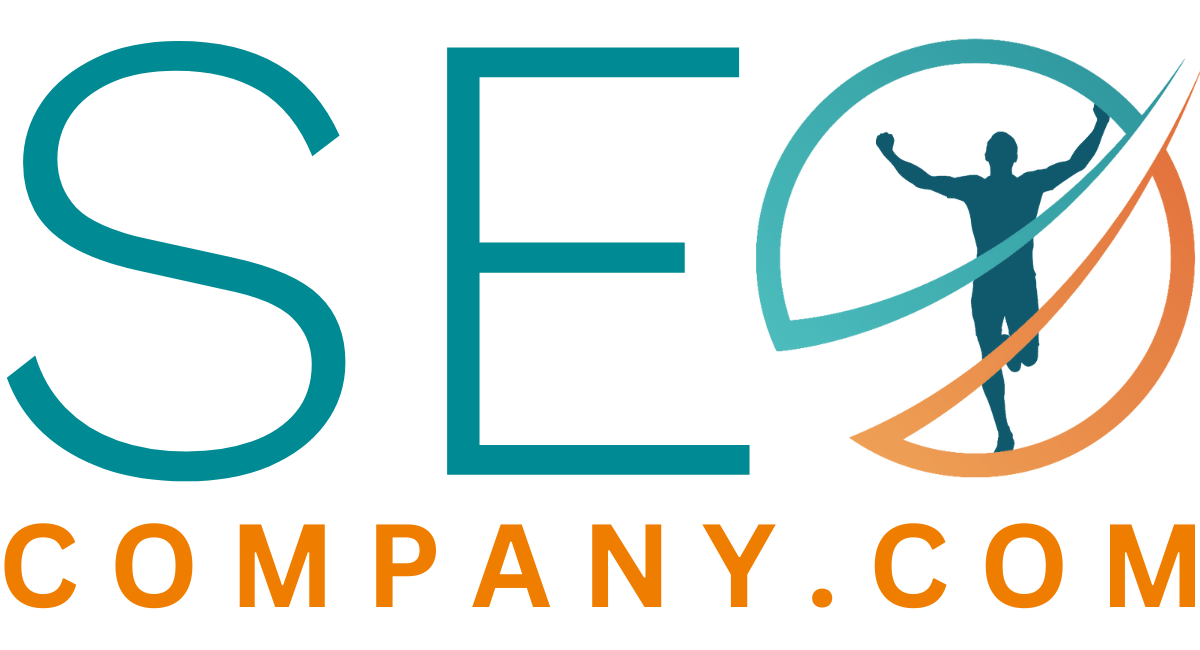
What are Actions?
In the field of digital marketing, the term “actions” is often used to refer to a user’s interaction with a website or digital platform. Actions can be any measurable activity taken by a user, such as clicks, downloads, sign-ups, purchases, and more. Understanding and analyzing these actions is crucial for digital marketers to measure the success of their campaigns and make data-driven decisions. In this article, we will define the term actions, discuss its relationship and importance to web design, accessibility, and search engine optimization, provide historical context and usage, and answer some common questions related to this topic.
Relationship and Importance to Web Design
Web design is the process of creating a website’s visual appearance and user experience. Actions play a crucial role in web design, as they are used to measure the effectiveness of a website’s design and user experience. By tracking user actions, web designers can identify areas of a website that need improvement, optimize user flows, and test new designs to improve user engagement.
For example, tracking user clicks on call-to-action (CTA) buttons can help web designers identify which design elements are most effective at driving conversions. By testing different designs and tracking user actions, web designers can optimize the placement, color, and wording of CTA buttons to maximize their effectiveness.
Relationship and Importance to Accessibility
Accessibility refers to the design of products, devices, services, or environments for people with disabilities. In the context of digital marketing, accessibility is an important consideration as it ensures that all users, including those with disabilities, can interact with digital platforms and access information. Actions play a critical role in accessibility, as they can help identify areas of a website that may be difficult to navigate for users with disabilities.
For example, tracking user actions on a website can help identify areas where users may encounter accessibility issues, such as difficulty navigating menus or filling out forms. By addressing these issues and optimizing the user experience for all users, digital marketers can improve accessibility and ensure that their campaigns reach the widest possible audience.
Relationship and Importance of Actions to Search Engine Optimization
Search engine optimization (SEO) is the process of optimizing a website’s content and structure to improve its visibility and ranking in search engine results pages (SERPs). Actions are important for SEO, as they can help identify areas of a website that may be impacting its search engine rankings. For example, high bounce rates or low engagement rates may indicate that a website’s content or user experience needs improvement, which can negatively impact its search engine rankings.
By tracking user actions in Analytics, digital marketers can identify areas of a website that may be impacting its SEO performance and make data-driven decisions to improve its ranking. For example, analyzing user behavior on a website can help identify pages with high bounce rates or low engagement rates, which may indicate a need for content optimization or improved user experience.
Historical Context and Usage
The use of actions to measure user behavior and engagement dates back to the early days of the internet. In the early 2000s, web analytics tools such as Google Analytics and Omniture emerged, providing digital marketers with the ability to track user actions and analyze website performance. Over time, these tools have become more sophisticated, allowing digital marketers to track a wider range of user actions and analyze more complex data sets.
Today, actions are a critical component of digital marketing, providing valuable insights into user behavior and engagement. Digital marketers use actions to measure the effectiveness of their campaigns, optimize user flows, and make data-driven decisions to improve website performance.
Common Questions About Actions
- Q: What are some common types of actions tracked by digital marketers?
A: Common types of actions include clicks, pageviews, downloads, sign-ups, purchases, and more. - Q: How do digital marketers use actions to measure the effectiveness of their campaigns?
A: Digital marketers use actions to track user behavior and measure the effectiveness of their campaigns. By analyzing user actions, they can determine which campaigns are driving the most engagement and conversions, and make data-driven decisions to optimize their campaigns. - Q: What are some common tools used to track user actions?
A: Google Analytics is one of the most commonly used web analytics tools for tracking user actions. Other tools include Adobe Analytics, Mixpanel, and Piwik. - Q: Is it possible to track user actions without violating Google’s guidelines?
A: Yes, it is possible to track user actions without violating Google’s guidelines. However, it is important to ensure that any tracking is done in a transparent and ethical manner, and that user privacy is respected. It is also important to ensure that any tracking is compliant with relevant laws and regulations, such as the GDPR in the European Union. - Q: Can tracking user actions negatively impact website performance?
A: In some cases, tracking user actions can negatively impact website performance, particularly if the tracking code is poorly optimized or if it slows down website loading times. However, this can be mitigated by using lightweight tracking codes, optimizing website performance, and ensuring that any tracking is done in a responsible manner.
Conclusion
In conclusion, actions are a critical component of digital marketing, providing valuable insights into user behavior and engagement. Understanding and analyzing these actions is crucial for digital marketers to measure the success of their campaigns and make data-driven decisions. By tracking user actions, digital marketers can optimize website design and user experience, improve accessibility, and boost search engine rankings. While it is important to ensure that any tracking is done in a responsible and ethical manner, the insights gained from tracking user actions can help digital marketers create more effective campaigns and reach a wider audience.
